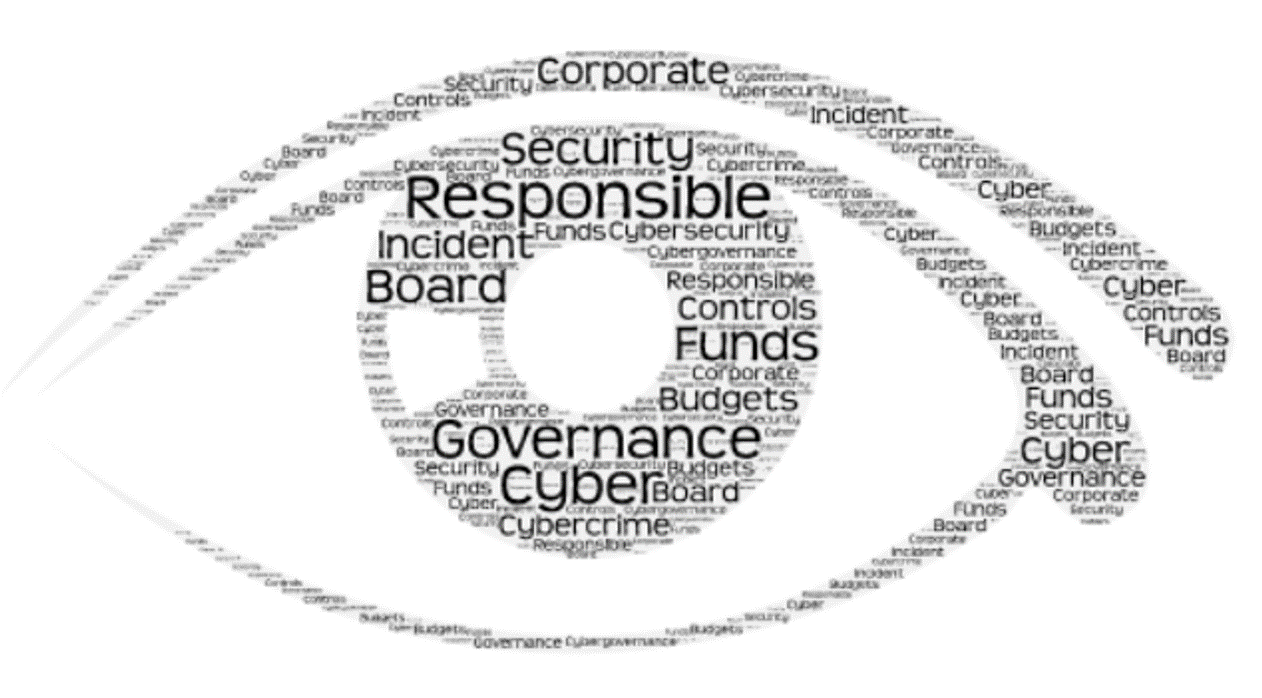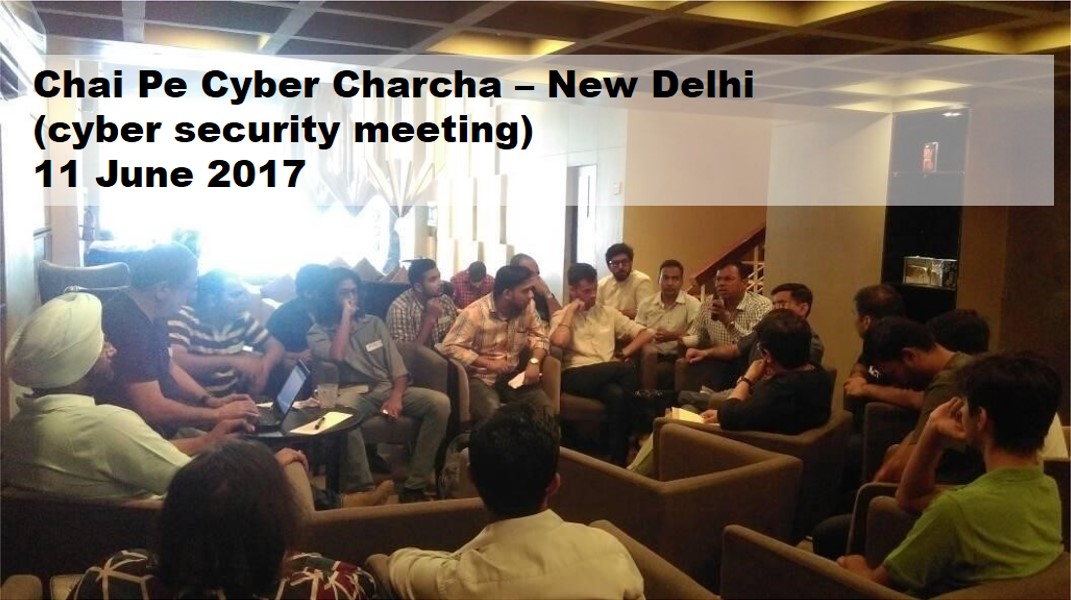
Pic courtesy moonwolves.wordpress.com
‘Off with his head’ The Queen of Hearts shrieks the phrase several times in the story Alice’s Adventures in Wonderland. While serving in the Army, I have been witness to this phenomenon several times. They initially banned mobile phones, then mobile phones with cameras, now smartphones; interestingly they never reverted any of the previous bans. Banning the use of technological innovation is easier said than done. Successful technological innovations make life and work easier, those are precisely the reasons they are hugely popular.
Another ubiquitous innovation that governments have tried to ban in the office is the pen drive. Having identified that pen drives are a source of malware and data leakage, the grey heads who do not understand the implications banned it. I once saw a highly sensitive organisation which had warnings banning pen drives right at the gate using external hard disks on standalone computers loaded with Microsoft ! Now there are others in the process of banning USB’s.
What is actually needed is a framework to promote usage of secure smartphones. Given the large number of government employees, give any Indian technology entrepreneur an opportunity to realise ROI (return on investment) and a whole niche market to cater for this can be created.
Govt curbs smartphone use over hacking, data theft fears
Bharti Jain | TNN | Jun 5, 2016, 05.59 AM IST
Odd as the “restrictions” on use of smartphones may sound in a wireless world, a recent two-day session on cyber security in government offices saw ministry of home affairs (MHA) and central paramilitary brass being asked to stick to face-to-face meetings, RAX (a closed communication network connecting government offices) and landlines.
The officers were sensitised that smartphone is a far less secure device when it comes to dealing with official work due to the risk of embedded malware or spyware that may be downloaded along with certain applications and that these instruments are best avoided when discussing classified information.
The instructions have been reiterated not only for establishment pertaining to the MHA but also defence, external affairs and other sensitive ministries. “Though it is largely home and defence ministries that routinely handle matters that can directly impinge on national security, the norms for avoiding use of smartphones to process and relay sensitive information will apply to all government departments,” said an officer.













